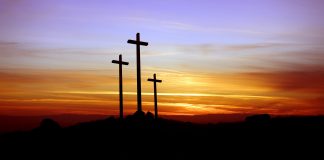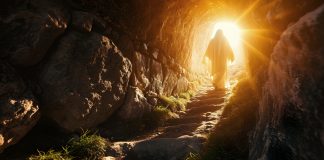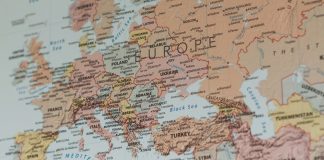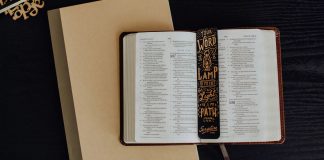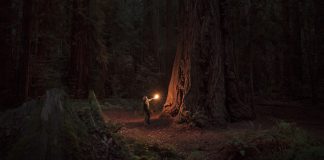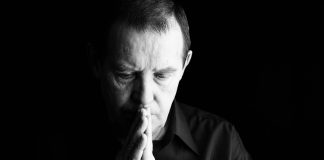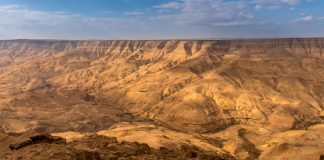The myth of myths | Is religion just a collection of myths?
The diversity and divergence of religious beliefs clearly indicate that not all religious doctrines and perspectives can be true. Throughout history, there have been vastly different universal religions, each with multiple interpretations and denominations. We have religions, not just “religion.” However, if there is one true religion that respects truth, freedom, and intelligence, the myth of myths collapses.
Christ has ascended!
On the evening of His passion, Jesus promised His disciples, ""Do not let your hearts be troubled. You believe in God; believe also in me. My Father’s house has many rooms; if that were not so, would I have told you that I am going there to prepare a place for you? And if I go and prepare a place for you, I...
Freed from the prison of a troubled mind
Behind a successful career, John Baxter's life was falling apart.
The God of all | The divine vision on our differences
The first part of my life was marked by multiple barriers that placed me in a minority status.
The risen Jesus
Was the death of Jesus the end of an extraordinary life, or just the beginning of eternal life for those who believe in Him?
Gethsemane, the garden of the divine sighs
As soon as the tourists leave the land of the silent agony of Gethsemane, their lives return to normal, and the garden where the Son of God sobbed in indescribable pain, misunderstood and unsupported even by His closest disciples, sinks back into oblivion.
How God heals a marriage that is lost
Kent Hansen kindly agreed to talk to us about the most painful episode of his life, the loss of his wife. Beyond the sadness, it is a discussion rich in emotion and lessons for us all.
Decoding the EU’s place in Bible prophecy
Europe is more divided than ever. What does that mean for our reading of biblical prophecy?
Conflict: It’s Everywhere
Conflict is everywhere: in our books, movies, TV shows. But every conflict is a mere shadow of the controversy that the entire world is embroiled in.
Answers hidden in plain sight
I grew up on the border between two different universes, not geographically but spiritually. There, across that fine line, lived more than half of my extended family, with a different worldview.
Believe and do not investigate?
The phrase “Believe and do not investigate” has over the centuries become a sharp weapon deliberately wielded by critics of Christianity to wound and discredit the supporters of this religion, accusing them of narrow-mindedness and bigotry.
Staring loss in the eye | Lessons from life’s disasters
In the aftermath of Hurricane Harvey, Max Lucado wrote an article summarising the spiritual lessons we can learn from an event that the news described as a "once in a thousand year flood".
Did the Church halt the progress of surgery?
An urban legend claims that the Church vehemently opposed the dissection of corpses through medieval decrees of prohibition or limitation of this practice.
Confronting deception: from Jesus to the Internet
Let's go back in time to the day when Jesus spoke His apocalyptic words. At that time, rather than giving a revelation about the future, He was more concerned with warning about the dangers of deception.
Bible echoes through a broken stone
A black basalt stone found in the desert of Jordan has an inscription with the earliest known use of the name of Yahweh (one of the many names for the Old Testament God). It is one of many ancient items which confirm biblical history.












